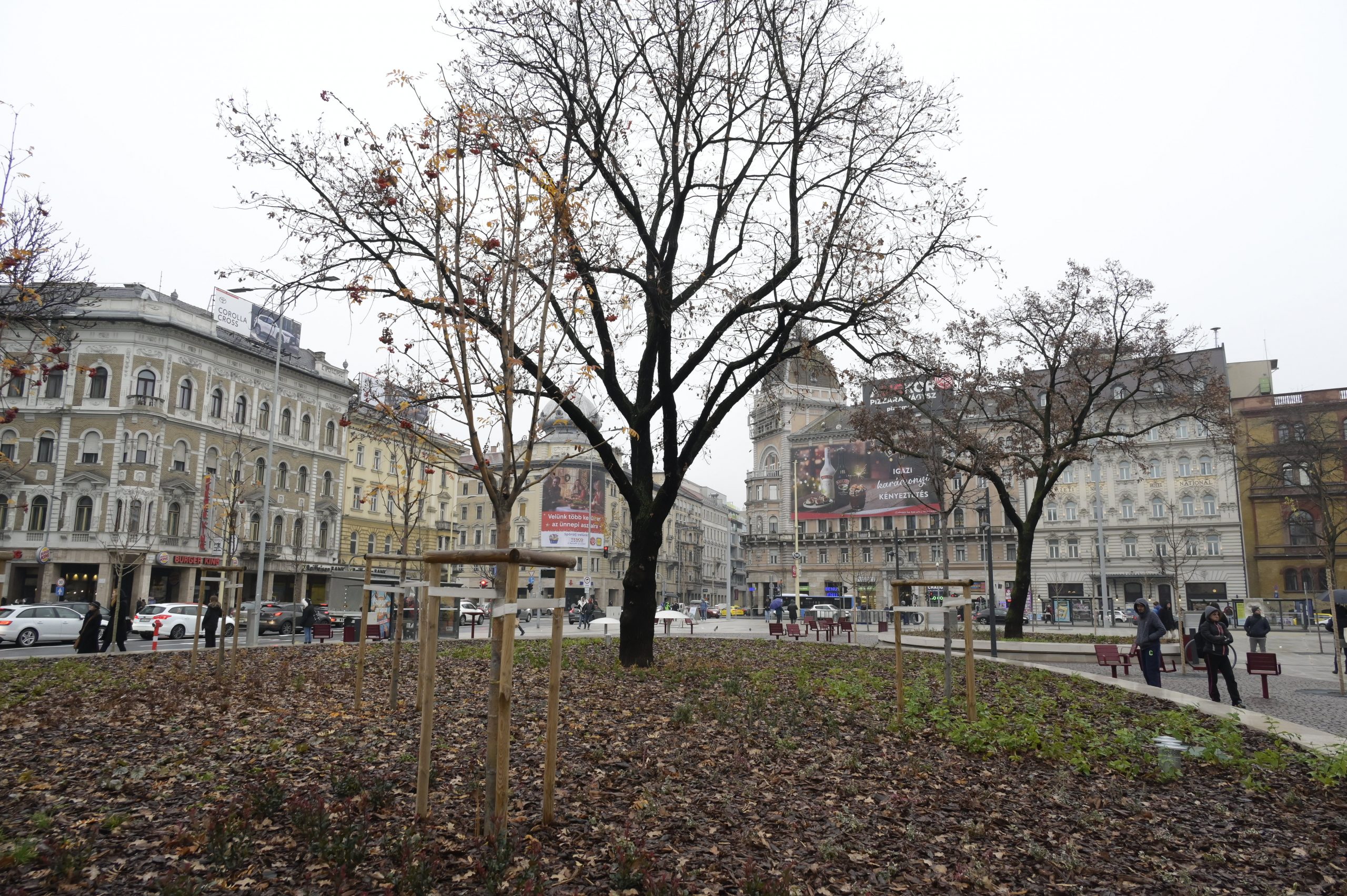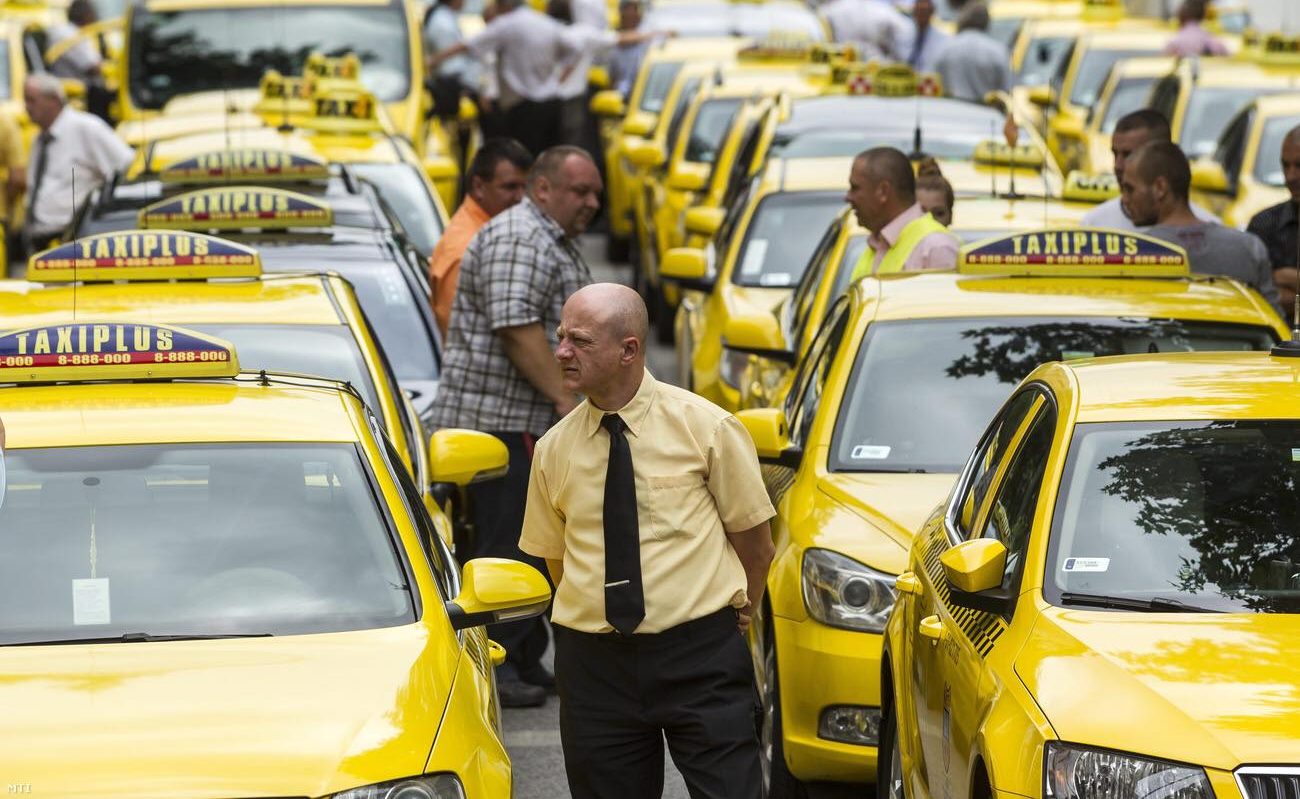
The project was completed in 505 days with 150 people working on the renovation, yet important elements were left out.Continue reading

The new prices for taxi services in Budapest come into effect on Monday, again significantly increasing the cost of the service. It has only been a few months since the fares of taxis in the capital were raised, and the Budapest local government is citing the same reason as last time for the current increase, which may seem a bit backwards, Világgazdaság reports.
In a few months, taxi fares in Budapest have risen by 50 percent altogether. The latest hike comes into effect today, with a 10 percent increase, meaning that the base fare will be 1,100 forints (EUR 2.90), the kilometer fare 440 forints (EUR 1.16), and the per-minute fare 110 forints (EUR 0.30). The decision was made by the Municipal Assembly of the capital at the end of January.
The city government has now justified the increase by saying that the costs for taxi drivers have risen significantly since the government abolished the price cap on fuel in December. They added that the proposal to increase the charges had been put to the assembly by taxi associations. However, the story has several holes, Világgazdaság points out.
On the one hand, the capital already raised prices in May last year, and the 35 percent increase was justified then by the fact that they had already priced in the future abolition of the fuel price cap.
In view of this, the argument that the abolition of the price cap also made it necessary to increase prices again is not valid for the current increase.
In last spring’s price increase, the basic fare changed from HUF 700 (EUR 1.85) to HUF 1,000 (EUR 2.65), the kilometer rate from HUF 300 (EUR 0.80) to HUF 400 (EUR 1.05) and the per-minute rate from HUF 75 (EUR 0.20) to HUF 100 (EUR 0.25).
Together with the current increase, the basic fare has risen by 57%, the kilometer rate by 47% and the per-minute rate by 47% in ten months.
The other problematic justification is the capital’s municipal government’s claim that the taxi companies have approached the assembly with a proposal to increase the charges. This is true to some extent; the taxi companies did approach the capital’s administration, but earlier and with a different proposal. According to taxi drivers interviewed by Világgazdaság, the current 10 percent increase is not enough, and it would have been effective in December, and would only have been acceptable if followed by a further correction in the spring.
However, the drivers’ offer was not presented to the assembly in December, and later, at the January negotiations, they came back with a new offer, aiming for even higher increases in the form of a one-off increase. Their demands were to raise the basic fare to 1,500 forints (EUR 3.95), the kilometer charge to 400 forints (EUR 1.05), and the per-minute charge to 110 forints (EUR 0.30), plus a 1,000 forint (EUR 2.65) pull-off charge. However, it was eventually the December proposal with a lower basic fare that was discussed and adopted by the Municipal Assembly.
Zoltán Metál, president of the National Taxi Association, told Inforádió that a 22 percent increase would be justified. Representatives of the taxi industry have written a letter to the mayor of Budapest, Gergely Karácsony, who has set a date for a new meeting on March 6, the same day the 10 percent increase comes into effect.
It is difficult to predict where the end of the rise in taxi fares will be, but it is clear that those who want to use taxis in the capital will have to dig deeper into their pockets to get the service, which is already a luxury.
Featured photo via Facebook/Országos Taxis Szövetség